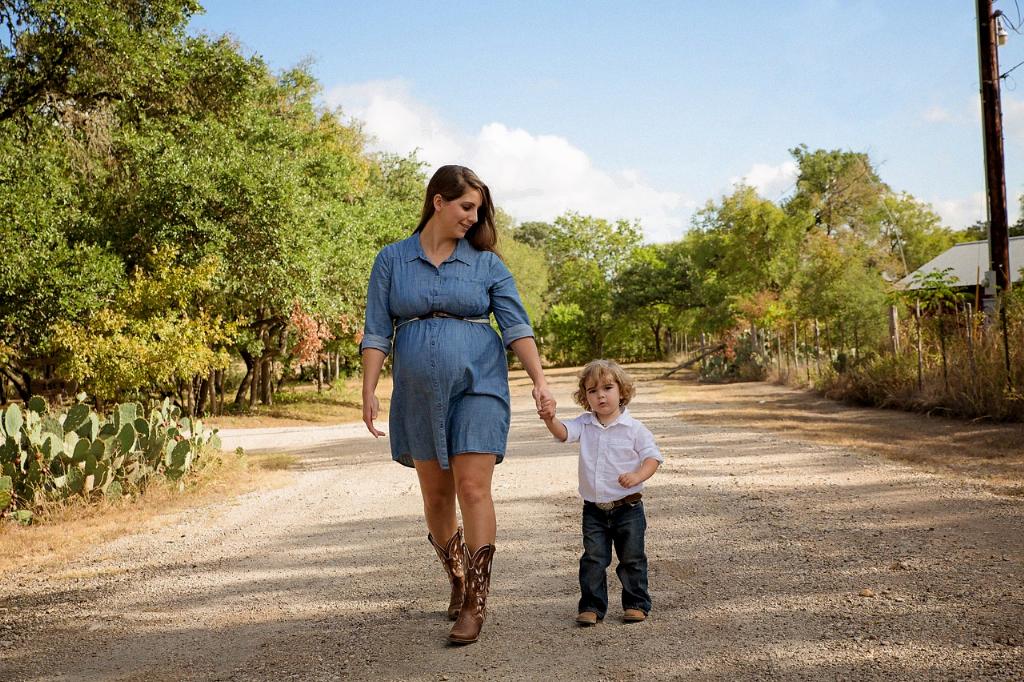One of the common symptoms that many pregnant individuals experience is nausea and vomiting, also known as morning sickness. This phenomenon can vary in intensity and duration from person to person, but there are general patterns that can help individuals understand when to expect this type of discomfort.
Typically, nausea and vomiting of pregnancy can begin before the 9th week of gestation. This means that for most individuals, this unpleasant experience may rear its head quite early in the pregnancy journey. It is important to note that while this is a common occurrence, not all pregnant individuals will experience this symptom.
For the majority of women who do experience morning sickness, the good news is that it often resolves by the 14th week of pregnancy. This can come as a relief to those who are feeling the effects of nausea and vomiting during the early stages of their pregnancy. It is essential to remember that each person’s experience is unique, and some may find relief sooner or later than others.
However, for a minority of individuals, the nausea and vomiting may persist for an extended period. Some may continue to experience these symptoms for several weeks or even months into their pregnancy. This can be challenging and exhausting, but it’s important to communicate any concerns with healthcare providers to ensure the well-being of both the pregnant individual and the developing fetus.
It is crucial to remember that every pregnancy is different, and there is no one-size-fits-all answer to when vomiting may start. While it is common for it to appear early on, there are cases where it may occur later or not at all. For those who do experience morning sickness, there are ways to manage the symptoms and alleviate discomfort, such as eating small, frequent meals, staying hydrated, getting plenty of rest, and seeking support from loved ones.
Some pregnant individuals may find that they experience morning sickness throughout the entirety of their pregnancy. This can be particularly challenging, as it can impact daily activities and overall well-being. In such cases, it is essential to work closely with healthcare providers to monitor any potential complications and ensure proper care and support are provided.
Understanding the timeline of when vomiting may start in pregnancy can help individuals prepare for this aspect of their journey. While it may be a challenging and uncomfortable experience for some, it is essential to remember that it is a common occurrence and typically temporary. Seeking guidance from healthcare providers and discussing any concerns can help alleviate anxiety and ensure a smoother pregnancy experience.
Being informed about the potential onset of morning sickness and knowing how to manage its symptoms can empower pregnant individuals to navigate this aspect of pregnancy with confidence and care. By staying educated and proactive in seeking support and resources, individuals can better cope with the physical and emotional challenges that may arise during this time.
In conclusion, while vomiting in pregnancy can start early on for many individuals, the duration and intensity of this symptom can vary widely. By recognizing the common patterns and seeking assistance when needed, pregnant individuals can better cope with this aspect of their journey and focus on maintaining their overall health and well-being throughout the pregnancy.

